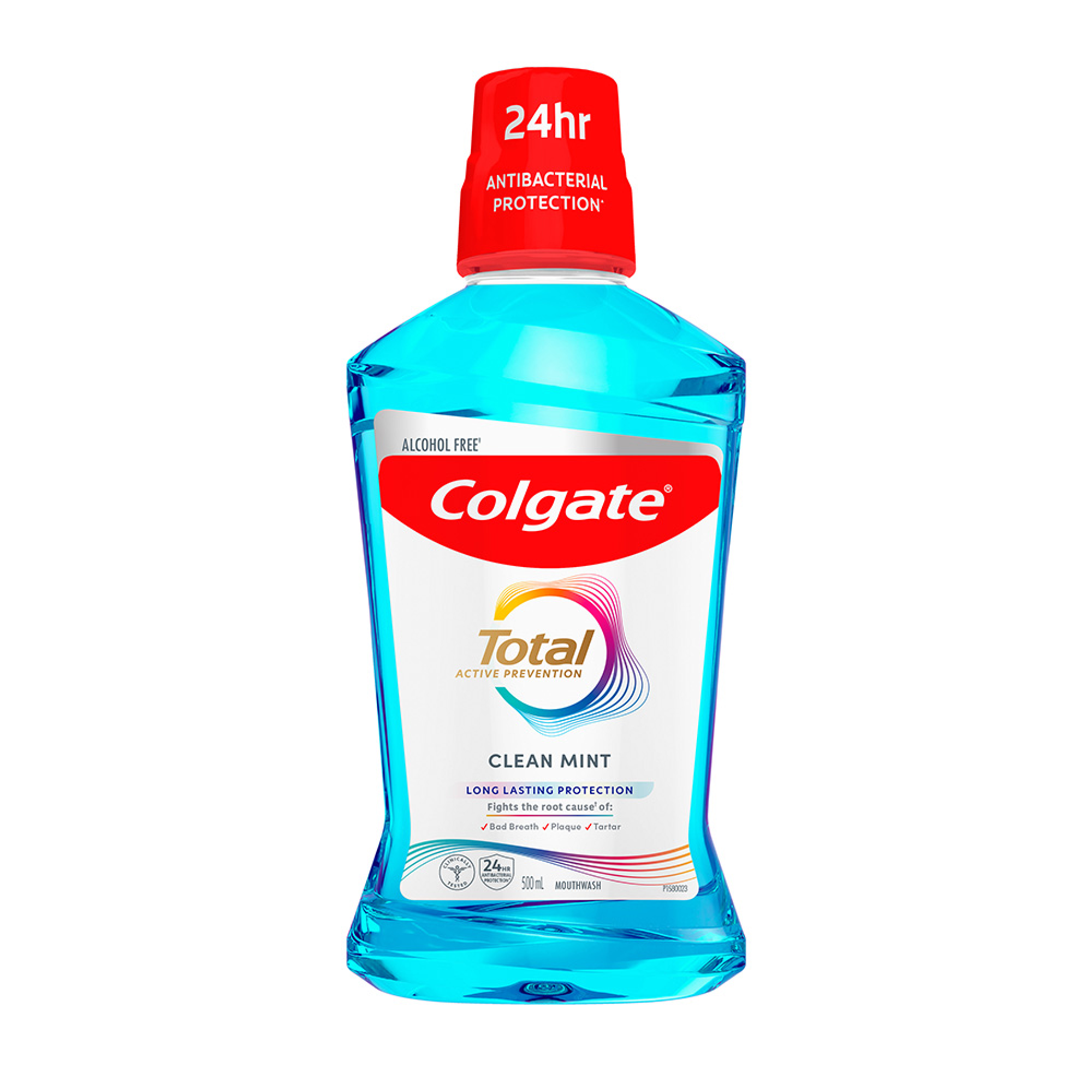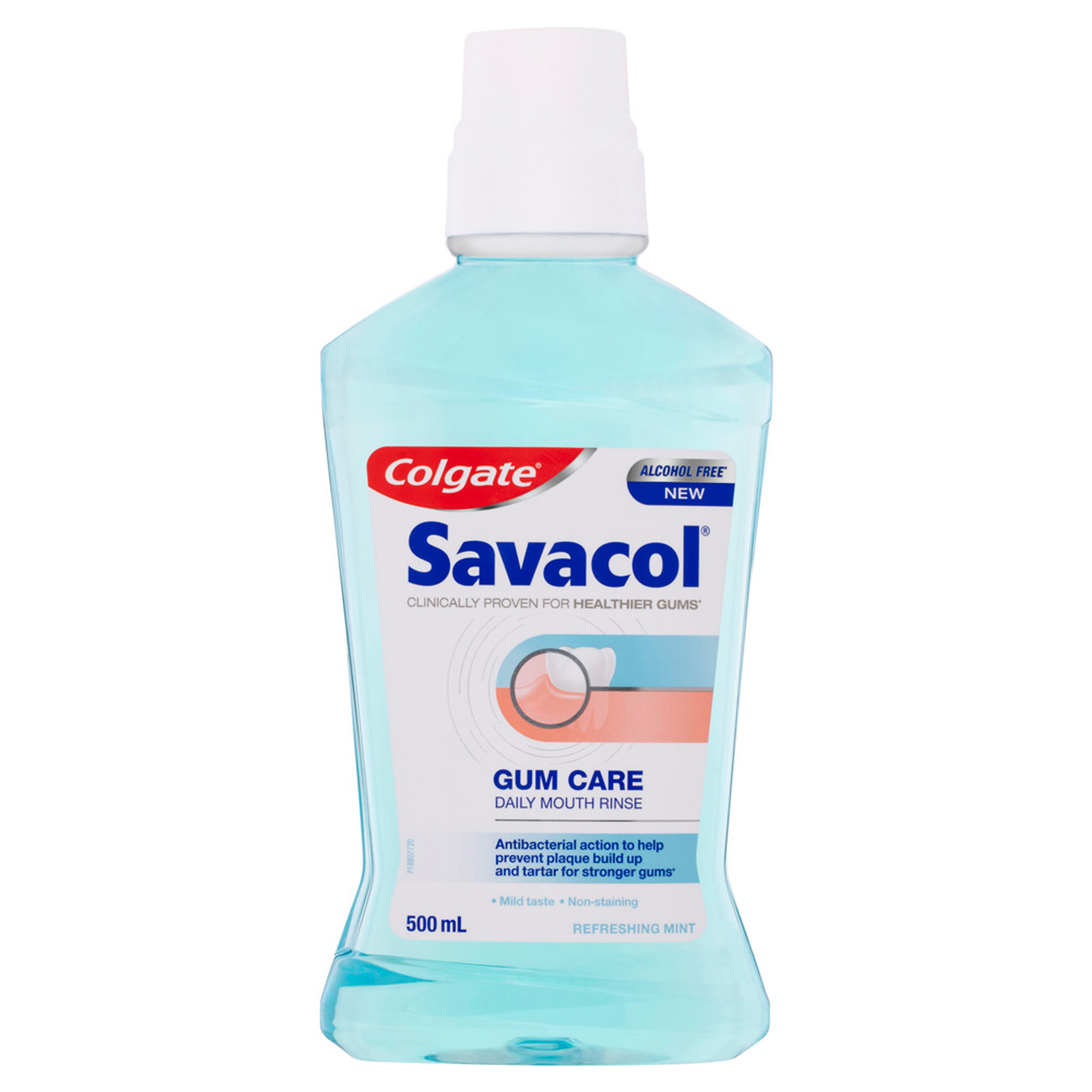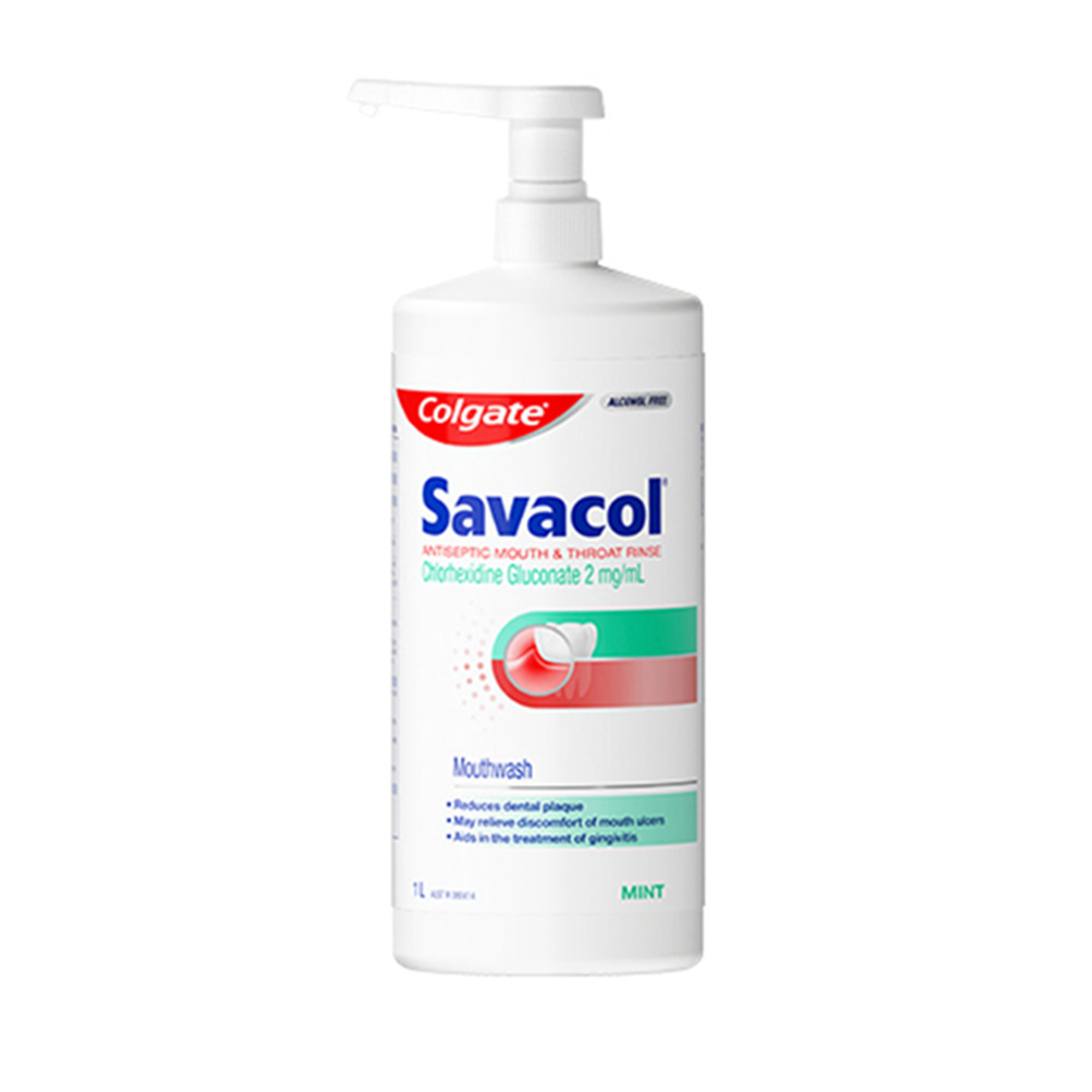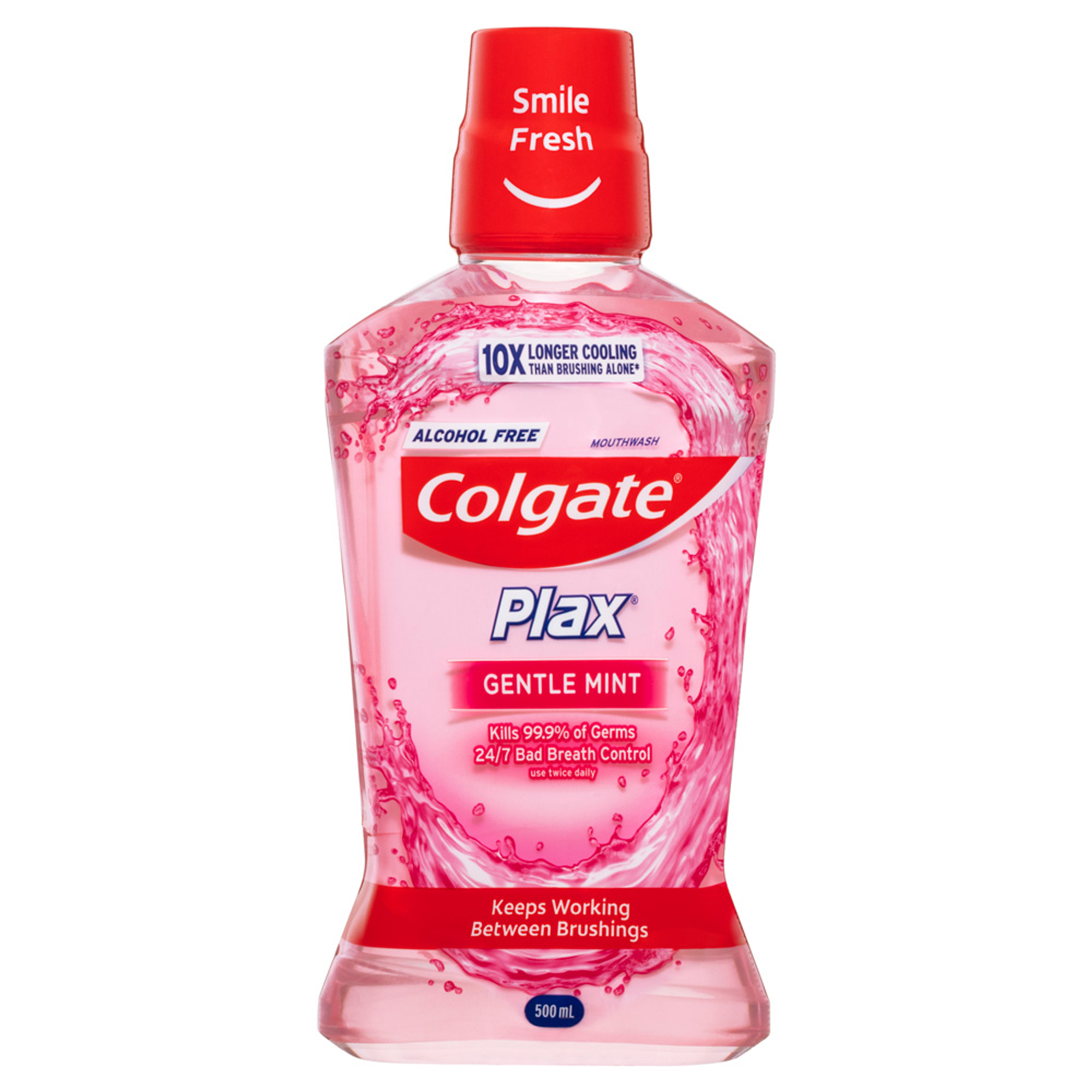
Part of our role as dental professionals is to educate our patients on oral hygiene and their oral health. Besides discussing brushing and flossing habits, I personally find myself speaking to my patients regularly about preventing dental decay and acid wear by modifying their dietary habits.
In my opinion, both oral hygiene instruction and dietary advice go hand-in-hand with one another when educating our patients about prevention. To me, both are as important as each other, yet diet is discussed far less than whether a patient is brushing twice daily and flossing their teeth. A common scenario I find is a patient who comes in, claiming to brush and floss every day, eat a “healthy” diet, but is frustrated to discover that they still get dental decay.
So why is this happening? Let’s briefly discuss below how dietary habits can impact our patients’ caries and dental erosion risk, and also explore some easy diet modifications to limit their dental harm.
Basics of oral health and how it relates to our diet
Sugar is one of the biggest factors that contributes to the development of tooth decay. This is because the bacteria in our mouths metabolise sugars, producing acids which can attack our tooth enamel.
Acidic foods and drinks can also contribute to acid erosion and dissolve tooth enamel.-The longer or more frequently our teeth are exposed to acid and acid attacks, the higher the risk of us developing tooth decay and dental erosion.
-Saliva is really good for our gums and teeth. It helps wash away acids and sugars, buffer remaining acids, and provides some antibacterial effects on bacteria that cause decay and gum disease.
-Saliva is stimulated when we think about, and eat foods, including by the physical motion of chewing.
-Quality (frequency and duration) over quantity in regards to sugars and acids. Neither are ideal, but you would rather have a lot of sugar/acid at the same time, than have little amounts over an extended period.
Now let’s explore some common scenarios that you probably encounter with your patients, and discuss how you can easily help to modify or tweak their dietary habits to reduce the risk or harm to their oral health:
“Healthy-living” or health crazes/fads
You could suggest to patients:
Be careful about having just a juice in the morning – Juices are usually high in sugars and acids, and are therefore not the best thing for our teeth. Although juices contain natural sugars they are still sugars after all and can affect your teeth. Also, by just having juice, saliva is not stimulated from the normal chewing motions, hence the juice can contact the tooth surface a lot more easily.
- Lemon juice detox or diets in the morning are really terrible for the teeth. A lot of acids are robust, meaning diluting them in water doesn’t necessarily help negate their acidic potential. Having them in warmer liquid can be even worse again, so having warm lemon tea/water can be worse than having cold lemon water.
- For dental health, it is always better not to snack or have multiple meals throughout the day. Rather than having 5 smaller meals, 3 larger meals is better for your dental health, as the sugars and acids are in contact with your teeth less frequently.
Brushing after eating/drinking
-I feel like a really common scenario is when a patient eats something acidic, then thinks if they brush their teeth immediately after it will be completely fine.
-Unless it’s just plain water that you’re consuming, do not brush your teeth for at least 30min after eating/drinking. This is the approximate amount of time it takes for the saliva in your mouth to neutralise the acids, remineralise your tooth surface and re-protect your teeth.
-If you brush straight after eating or drinking something acidic, the acids weaken your tooth surface and you’ll likely brush away healthy surface enamel.
-No eating/drinking before bed. Not only will you need to wait 30 minutes to brush your teeth again ideally, but when you sleep, you have less saliva in your mouth to again protect your teeth.
Tea and coffee drinking
-Tea and coffee can be acidic liquids, and often have added sugars.
-Rather than sipping on a long black, perhaps enjoy that cuppa over a shorter period of time. A common scenario is a patient who drinks coffee daily, but sips on it as they walk to work or type at their desk throughout the morning. Instead, try shotting an espresso, adding milk or reducing the sugar added. Also - the longer the patient sips on the drink, the more their teeth will stain.
-Those massive bubble teas everyone seems to be sipping on these days are also not great for our teeth, with acids and added sugar syrups not to mention that they are generally consumed slowly over a long period of time.
Other sugary/acidic drinks
-Drink through a straw if you can, so the acidic/sugary drinks come into direct contact with the teeth as little as possible.
-Someone who drinks a bottle of soft drink a day, but quickly, is probably going to be better off than someone who has a small amount of soft drink daily, but sips on it frequently.
-Better to have the drink directly with a meal, or at least immediately after one, so at least there should be lots of saliva in the mouth, as well as food to physically block the acids directly hitting the tooth surface.
Sweets
-Boiled sweets are usually the worst, as you are constantly sucking on the sweet for an extended period of time. Really sticky chewy lollies that then get stuck on your teeth are also really bad for you, as they stay in contact with your teeth for an extended period of time.
-Try to limit sweets to immediately after meals, when there is still lots of saliva and food debris within the mouth.
Sports
-During physical activity or sports, what happens is your mouth dries up, meaning you either have less saliva, or saliva that is more sticky. This means the teeth are less protected during, and for up to approximately the next 30 minutes following sports. It’s therefore really important that to maintain your dental health, you don’t have oranges during half-time for instance, or drink sports drinks when you’re dehydrated and exercising. Plain water is always best during physical activity.
-for those gym junkies out there – please remember that a lot of your protein shakes, prework drinks and bars can contain acids and sugars, not to mention super sticky in consistency.
Dr Sam Koh is a general dentist in private practice, with special interests in Cosmetic Dentistry and Orthodontics. Dr Koh has been awarded with prestigious fellowships from the International Academy of DentoFacial Esthetics in New York, the Pierre Fauchard Academy in London, as well as a fellowship in Orthodontics. He is the co-founder of the Young Dentist Hub, a mentor for DentalX, and a speaker/Key Opinion Leader for several dental companies. Dr Koh is a founding member of the Colgate Advocates for Oral Health Editorial Community.
Join us
Get resources, products and helpful information to give your patients a healthier future.
Join us
Get resources, products and helpful information to give your patients a healthier future.











